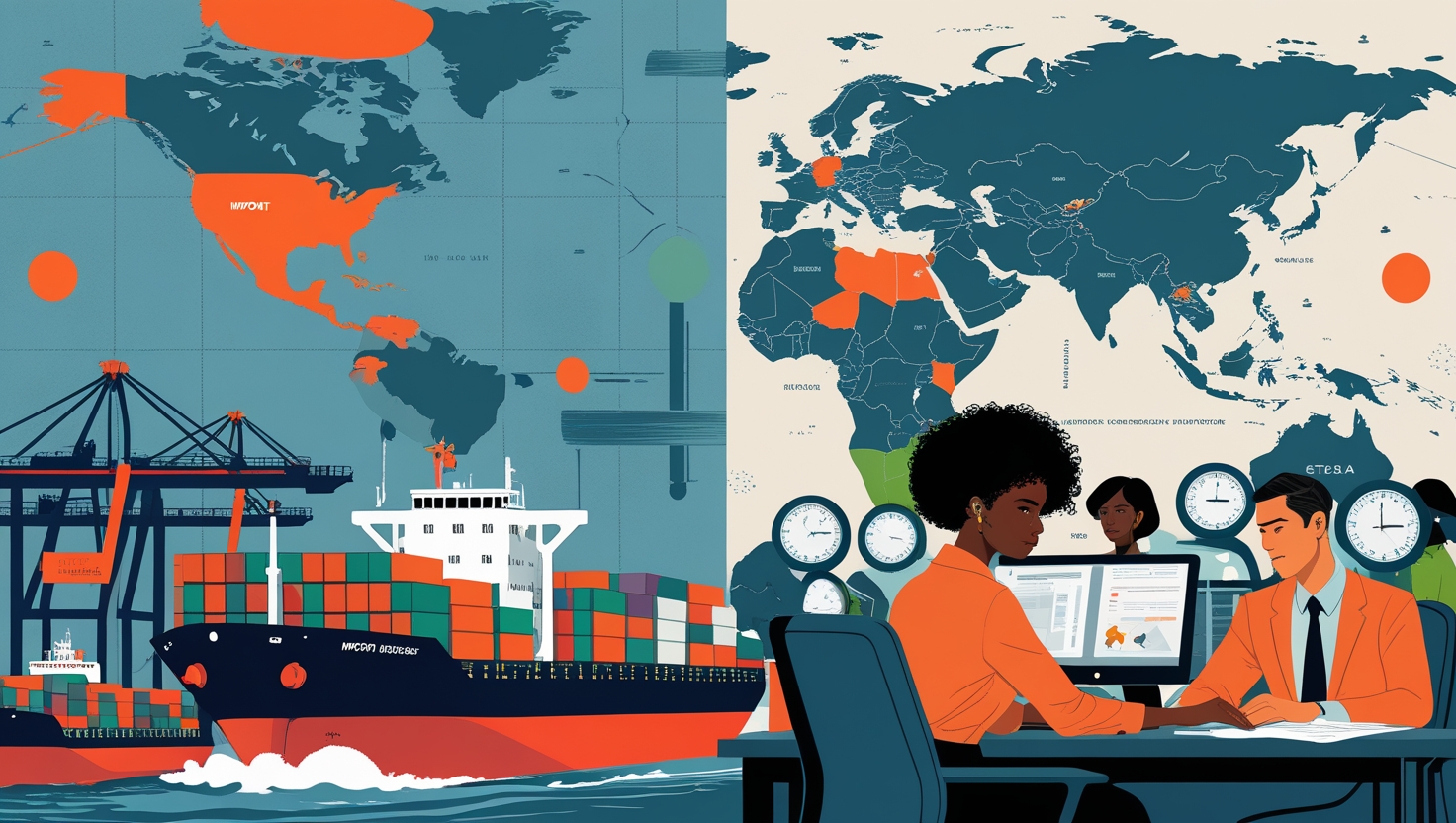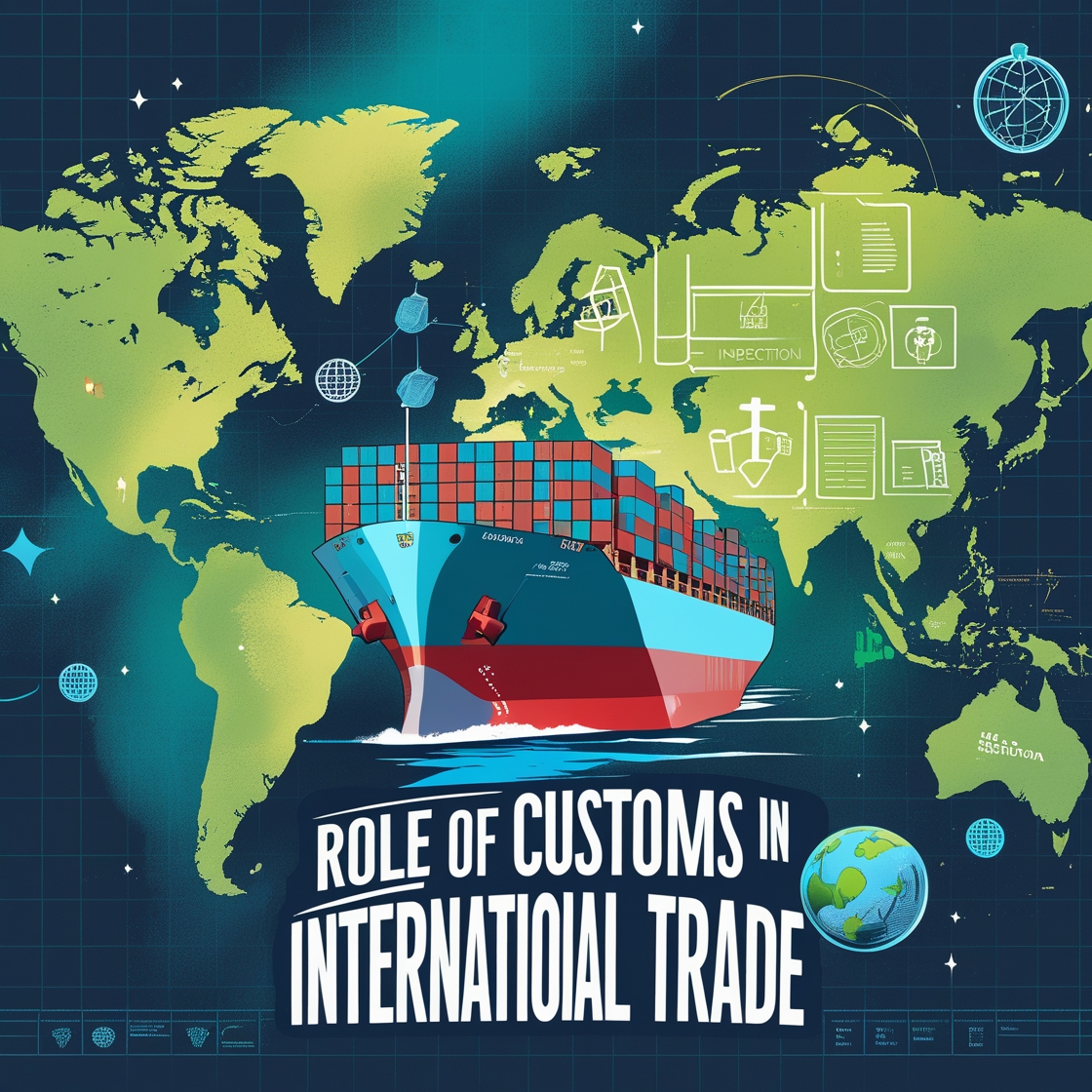Globalization has changed the way businesses operate. This is more noticeable in the realm of international trade. By making countries more interconnected, export and import of goods have been made easier. This opens up access to various markets around the world and increases efficiency while decreasing cost. Moreover, globalization has promoted competition among businesses that has driven innovation in various sectors so that companies can stay ahead of each other. Here we will discuss in detail how globalization affects import and export business.
More Market Access
Globalization has reduced trade barriers. So, it’s now easier than ever to commence international trade. Businesses can trade goods and services on international markets. Despite the rising inflation and the speculated looming recession, the World Trade Organization reported a 2.7% increase in global trade volume in 2024. This beats the forecast for 2024 by 0.1%. Trade has increased due to trade agreements among countries and the elimination of tariffs.
Globalization has made it easier for small and medium sized businesses to export their products. Cross border trading has become a boon for many emerging economies. Asia-Pacific Economic Cooperation reported that SMEs contribute to 35% of direct exports for their economies. Businesses can source materials with ease from various markets rather than depending on a single source. This increases competition and enables businesses to provide a wide range of goods on a regular basis.
More Competition
Globalization has made it easier to reach far corners of the planet. So it has also made businesses more ambitious for the global market spread across different countries. They compete with each other to provide the best quality at a competitive price.
The United nations conference on trade and development reported 80% of world trade is carried out through Transnational Companies. Clearly then, the global marketplace has been dominated by the major players, leaving very little room for smaller players. In 2023, China alone represented 14.1% of the total world exports. This is because of the strong manufacturing base in China, particularly when it comes to electronic and machinery. As a result, they are able to offer a competitive price to the global market.
Competition allows for innovation and adoption of newer technologies. Besides, it also forces businesses to provide top notch services to its consumer base.
Advancement in Technology
Since Globalization has increased competition among businesses, they have to be innovative to stay ahead. The digitalization of trading systems has improved logistics. This has enabled faster delivery and payment systems. One of the examples of this is e-commerce platforms which have greatly affected the import and export market.
According to Statista, cross border e-commerce will grow at a compound annual growth rate of 19.6% by 2026. The total value of trade will reach $3.9 trillion by 2026. Almost half the businesses involved in exporting and importing use advanced supply chain management tools. Cross border businesses have found usage in blockchain to provide transparency enabling faster customs processes. This will result in cost reduction.
Vulnerability to Global Crises
Globalization connected countries resulting in intricate webs of supply chains. They are extremely efficient in the absence of difficulty, but a single flaw in the web can send things substantially haywire. This can be the cause of some of the most drastic dips. The global supply chain was disrupted by COVID-19 and this is largely observed. Then came the Russia Ukraine war which put even more strain on the economic condition while the world was still reeling from the shattered economy caused by COVID-19.
Global trade volume fell by 9.2% in 2020 according to the World Trade Organization. According to the World Bank, elevated shipping costs contributed almost 5.9% to import price inflations during the pandemic years. Furthermore, in 2022 transport cost of bulk goods increased by more than 60% as a result of war in Ukraine.
Globalization has both upsides and downsides. But if you ask anyone, they will probably all emphasize the former. It is true that while some hiccups along the way can cost businesses a lot, they can make that up in the long run with better connectivity and efficiency. Export and import businesses will thrive and flourish with further implementation of globalization.


